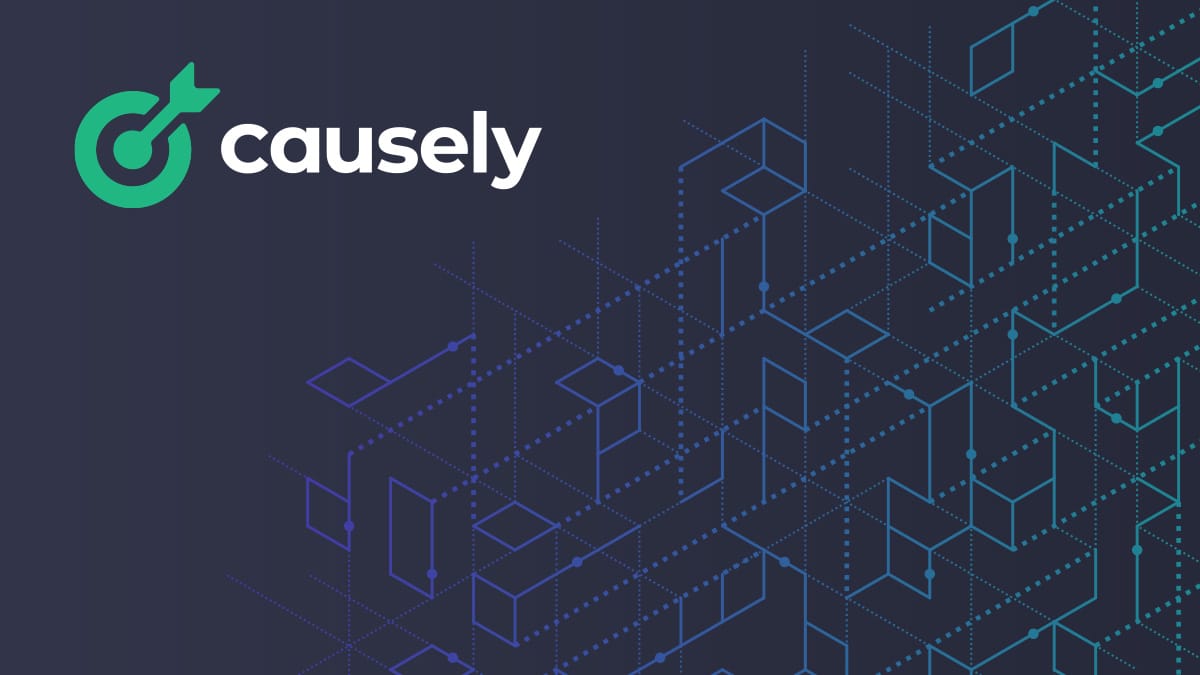Why do this startup thing all over again? Our reasons for creating Causely
Causely
June 29, 2023

Why be a serial entrepreneur?
It’s a question that my co-founder, Shmuel, and I are asked many times. Both of us have been to this rodeo twice before – Shmuel, with SMARTS and Turbonomic, myself with ClearSky Data and CloudSwitch. There are all the usual reasons, including love of hard challenges, creation of game-changing products and working with teams and customers who inspire you. And of course there’s more than a small share of insanity (or as one of our founding engineers, Endre Sara, might call it, an addiction to Sisyphean tasks?)
I’ve been pondering this as we build our new venture, Causely. The motivation behind Causely was a long-standing goal of Shmuel’s to tackle a problem he’s addressed in both previous companies, but still feels is unresolved: How to remove the burden of human troubleshooting from the IT industry? (Shmuel is not interested in solving small problems.)
Although there are tools galore and so much data being gathered that it takes data lakes to manage it all, at the heart of the IT industry there is a central problem that hasn’t fundamentally changed in decades. When humans try to determine the root cause of things that make applications slow down or break, they rely on the (often specific) expertise of people on their teams. And the scale, complexity and rate of change of their application environments will
alwaysgrow faster than humans can keep up.
I saw this during my time at AWS, while I was running some global cloud storage services. No matter how incredible the people were, how well-architected the services, or robust the mechanisms and tools – when things went wrong (usually at 3 am) it always came down to having the right people online at that moment to figure out what was really happening. Much of the human effort went into stabilizing things asap for customers and then digging in for days (or longer) to understand what had happened.
When Peter Bell, our founding investor at Amity Ventures, originally introduced me and Shmuel, it was clear that Shmuel had the answer to this never-ending cycle of applications changing, scaling, breaking, requiring human troubleshooting, writing post-mortems… and starting all over again. He was thinking about the problem from the perspective of what’s actually missing: the ability to capture causality in software. AI and ML technologies are advancing beyond our wildest dreams, but they are still challenged by the inability to automate causation (vs correlation, which they do quite well). By building a causal AI platform that can tackle this huge challenge, we believe Causely can eliminate the need for humans to keep pushing the same rocks up the same hills.
So why do this startup thing all over again?
Because for each new venture there’s always been a big, messy problem that needs to be fixed. One that requires a solution that’s never been done before, that will be exciting to build with smart, creative people.
And so today, we announce funding for Causely and the opening of our Early Access program for initial users. We’ve been quietly designing and building for the past year, working with some awesome design partners. We’re thrilled to have 645 Ventures join us on this journey and are already seeing the impact of support from Aaron, Vardan and the team. We also welcome new investors Glasswing Ventures and Tau Ventures. We hope early users will love the Causely premise and early version of the product and give us the input we need to build something that truly changes how applications are built and operated.
Please take a look and let us know your thoughts.
Learn more
- Read the press release: Causely raises $8.8M in Seed funding to deliver IT industry’s first causal AI platform
- Learn about our causal AI platform for IT
- Request a demo to see Causely in action
